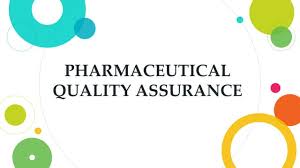
A Ph.D. in Pharmaceutical Quality Assurance is typically a 4-6 year program that provides advanced training in the principles and practices of ensuring the quality, safety, and efficacy of pharmaceutical products. Good manufacturing techniques, quality control and testing, regulatory compliance, risk management, and the use of quality systems across the drug development lifecycle are among the subjects covered in the curriculum. Students carry out original research to create creative answers to problems in fields like process validation, stability testing, and the deployment of quality management systems. They frequently work with pharmaceutical firms, contract research organizations, or regulatory bodies. Graduates of this program are equipped for leadership positions in regulatory affairs, pharmaceutical operations, quality assurance, and quality control, where they may use their knowledge to maintain the highest standards of quality in the production and distribution of medicines.